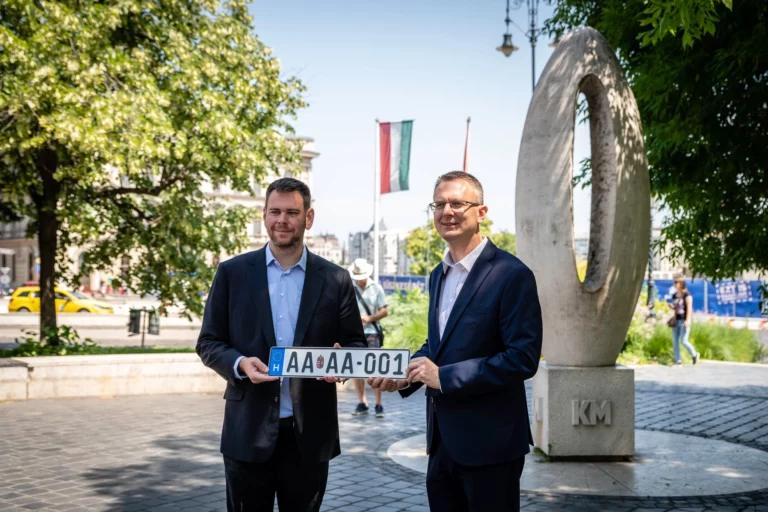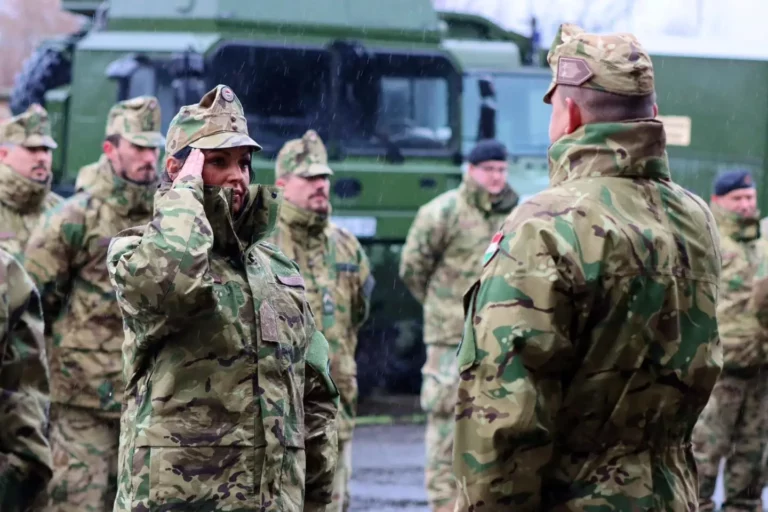military
Insight into the production process of the Lynx combat vehicle in Hungary – photos

PHOTOS: Powerful modern Israeli defence radar erected in Hungary

Russia’s alleged recruitment of Hungarian mercenaries: Illegal activities uncovered?

Licence plate controversy reveals tense Hungary-US relations

Hungary continues to strengthen its army, air force

New Hungarian commander-in-chief briefed about Hungary’s security situation

Will Hungary support the Romanian president for NATO chief?

Strong NATO important to Hungarian government but so is mutual respect

The Hungarian defence minister ran 3,200m and is very proud on his achievement – VIDEO

Hungarian government: Hungary committed NATO member

Hungarian major general takes over EUFOR mission in Bosnia and Herzegovina

Hungary-Bosnia will deepen military cooperation

Hungary to spend a record percentage of GDP on arms?

PM Orbán’s only son, Captain Orbán serves in an African country

Chief of staff briefs Hungarian President on defence, security matters – PHOTOS

Success: thousands of recruits enter Hungarian army in 2023

The Hungarian military booms, strengthened greatly in the last year

First Hungarian-made Lynx rolls off production line





 ZH
ZH IT
IT DE
DE HR
HR NL
NL FR
FR JA
JA RO
RO RU
RU ES
ES TR
TR
